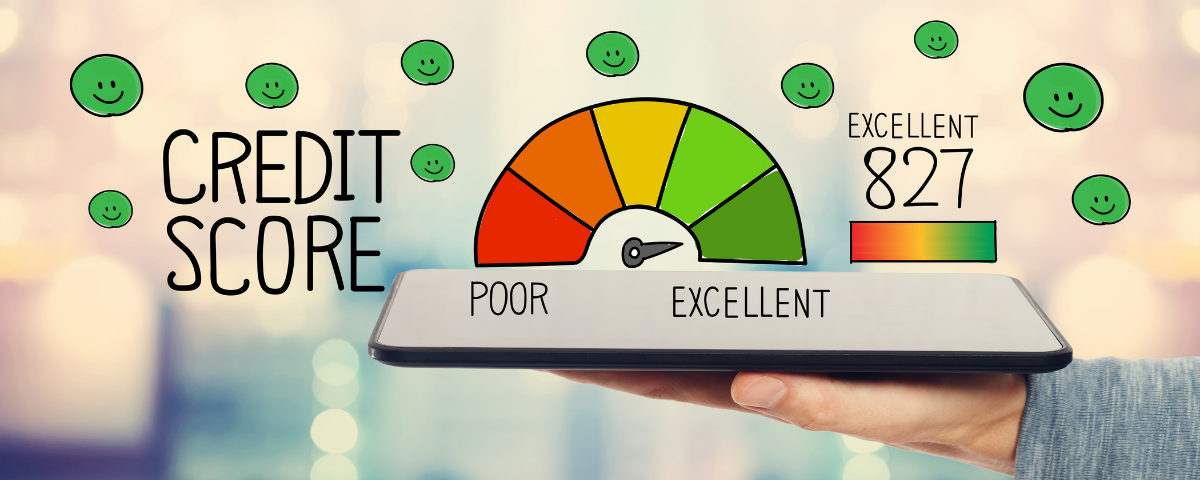We all know that having a good credit score is one of the keys to a solid financial future. Unfortunately, most people aren’t aware of the simple things that they can do to improve their credit scores. Everyone wants to improve their credit score. Whether it’s to build credit, to buy a car, or just to improve your financial standing. Having less debt, a decent credit score, and good credit history can help you receive more favorable interest rates, which means saving you money in the short term and the long term. Not only that, but credit scores can also help you get a mortgage, a rental, or even buy a home.
What is Credit Score?
Credit scores are the main way lenders and other financial institutions gauge your suitability to borrow money. The banks might check your credit score for personal loan or any loan for that matter. While some may think a low credit score is a bad thing, the reality is credit scores are there to help make sure you will be able to pay the bill you borrow money on. The credit score is a number that’s derived from the information in your credit report and is one of many factors used to determine whether you’ll be approved for a loan. This means that if you get a low credit score, it can be difficult to get approved for loans, mortgages, auto loans, credit cards, and student loans.
How to Improve your Credit Score?
Your credit score is a key factor in your financial health, and if it’s stuck at a low level, there may be some things you can do to get it up to speed. Here are some tips on how to improve your Credit Score.
• Review Your Credit Reports
Your credit scores used to be strictly based on the amount of debt you had. (Except for mortgages, which used to be based on the amount of home value you had.) But with the debt crisis in the US and many other countries, credit scores have been re-written. Now your credit score is based on your payment history, not your debt.
• Get a Grip of your Bill Payments
As you get older, it seems like the more responsibilities and bills you have, the less time you have for the things that you used to enjoy. It’s a common problem that can lead to stress, anxiety, and simply having a lack of self-control. The problem can be solved with a little planning and just a few changes to your habits. Thanks to some helpful tips in this article, you’ll find it easier to manage your bills and even your finances.
• Make the Most of Your Credit File
The credit score is commonly used to determine how hard it will be to borrow money, whether you will be approved for a loan, and the interest rate you will pay. So, it’s important to take steps to make the most of a thin credit file, and you can start by using your data to your advantage.
• Consider Consolidating Your Debts
Consolidating debts is a popular financial strategy, but this doesn’t mean it’s always the best option. If you’re thinking about consolidating debts, it’s important to consider some facts. Everyone has a credit card, and it’s something we all take for granted. But in the event that you were to lose your job, or experience some other financial difficulties, it could be the one thing that ultimately leads to the end of your financial well-being. An increasing number of people are turning to debt consolidation services to help them get out of debt and avoid this outcome.
It seems like the Credit Score has become the Bible for all Americans. But, why? It’s not like it can guarantee you or tell you what kind of car to buy or whether you have a good job. It’s just the score. The score doesn’t tell you anything about yourself, except maybe that you borrowed money from a bank or store. And, the thing is, you don’t have to be perfect to get a good credit score. Your credit score is a number those lenders use to determine if you are a creditworthy borrower. Your credit score can be used to determine things like whether you might be approved for an auto loan or even a mortgage.



